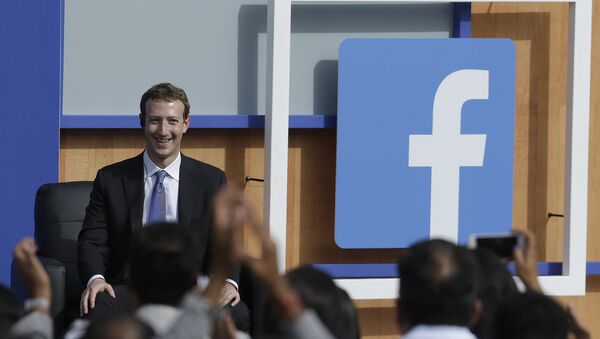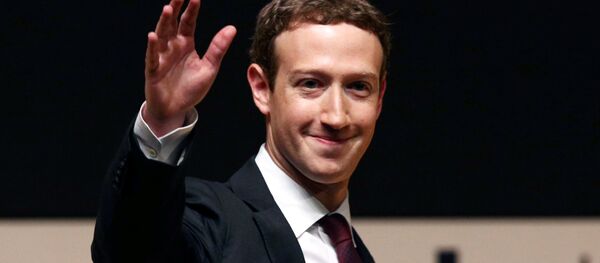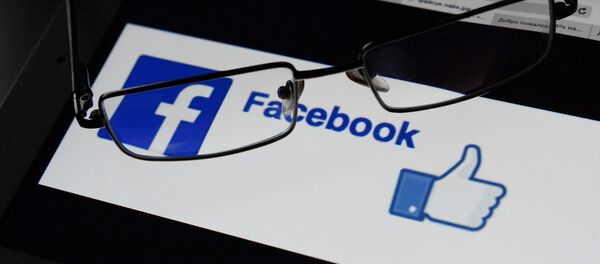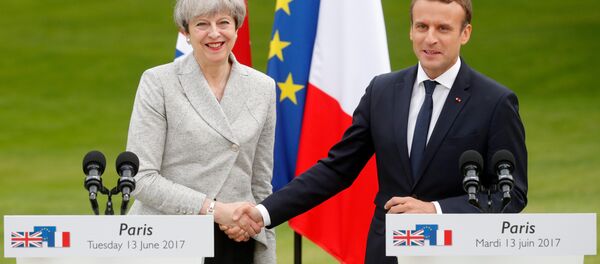Mark Zuckerberg has confirmed the world's largest social media platform will assist in the United States investigation by making available confidential information despite repeatedly ignoring calls from various European governments, authorities, secret service agencies, and police forces for similar assistance in the war against terror.
The authorities have argued that vital data held by social media giants could play a significant role in countering violence and terrorism attacks such as the London, Paris, Barcelona and Nice incidents that resulted in the loss of many lives.
Facebook, Twitter and other web companies are already facing increased pressure to remove hate speeches, fake news and other content across Europe, where lawmakers are considering new measures to make them more accountable for material on their sites.
Always 'Innocent,' Never to Blame
In its defense, Facebook has always maintained it already uses "a combination of technology and human review" and works "aggressively to remove terrorist content" — resulting in them refusing to hand over confidential material.
Yet, surprisingly, its founder Mark Zuckerberg confirmed on Thursday, September 21, it would be handing over details of more than 3,000 advertisements bought by groups with alleged links to the Kremlin, a move made possible by the advertising algorithms that have made him a multi-billionaire.
Nevertheless the exact details surrounding the case remain something of a mystery, just as the contents of the alleged ads placed between June 2015 and May 2017 have also not been disclosed — and has already resulted in a great deal of hype and speculation surrounding them.
It is unclear if and when this confidential data will be made available to the United States Congress to assist in its probe into alleged interference by Russia during the run up to the presidential election.
Facebook confirmed earlier this month it had found some 3,000 adverts worth US$100,000 that it suggested were "likely operated" out of Russia.
The Kremlin has now insisted, however, Russia did not place adverts to try to influence the outcome of the election.
Dmitry Peskov, the Kremlin spokesman, said on Friday, September 22, Russia played no part in the placing of the advertisements, most of which did not reference the election but focused on amplifying divisive social and political messages.
"We do not know… how to place an advert on Facebook. We have never done this, and the Russian side has never been involved in it," Peskov told a conference call with journalists.
The American president took to Twitter early on Friday to call out Facebook.
The Russia hoax continues, now it's ads on Facebook. What about the totally biased and dishonest Media coverage in favor of Crooked Hillary?
— Donald J. Trump (@realDonaldTrump) September 22, 2017
He has previously lambasted the speculation surrounding Russia's influence on the 2016 election, which is now being investigated by a committee spearheaded by Robert Mueller, who was appointed by the Justice Department as special counsel in charge of FBI investigation.
'Dangerous' and 'Absurd'
Siva Vaidhyanathan, professor of media studies at the University of Virginia, has also questioned the Facebook decision.
"The algorithms are working exactly as they were designed to work," Professor Vaidhyanathan said.
Previously Facebook has been criticized that it was leaving itself open to all kinds of abuse including the investigation into anti-Semitic targeting.
"Facebook's algorithms created these categories of anti-Semitic terms. It's a sign of how absurd a human-free system can be, and how dangerous a human-free system can be. It's the very idea of Facebook that is the problem," Professor Vaidhyanathan added.
Mr. Zuckerberg has already expressed his naivety about the power of his own company, conceding that it was not only open to abuse affecting elections, but he had done little to stop it.
"I wish I could tell you we're going to be able to stop all the interference," he said on Thursday, September 21, "But that wouldn't be realistic. There will always be bad people in the world, and we can't prevent all governments from all interference."
Calls for Stricter Regulations in Europe
In the wake of recent terrorist attacks in Britain, Prime Minister Theresa May and French President Emmanuel Macron said in June they are considering imposing fines on social media companiesthat "fail to take action" against terrorist propaganda and other violent content.
Meanwhile, the European Union recently moved closer to passing regulations that would require social media companies to block any videos containing hate speech or incitements to terrorism.
Perhaps the toughest advocate is Germany, where lawmakers are presently racing to pass new legislation that would impose fines of up to US$55.8 million on tech companies that fail to remove hate speech, incitements to violence, and other "obviously illegal" content from their platforms. Companies would have to remove such content within 24 hours.
Like her counterpart, British PM Theresa May has already called for the introduction of stricter regulation on the content placed on Twitter, Facebook and WhatsApp, insisting this would "deprive the extremists of their safe spaces online."
Speaking earlier this year, she said: "We cannot allow this ideology the safe space it needs to breed — yet that is precisely what the internet, and the big companies that provide internet-based services provide."
Her plea as well as that from the UK home secretary Amber Rudd, particularly in the wake of the Manchester bombing and Westminster terror attack, have always been refused, forcing them to consider legal legislation to compel tech giants to hand over encrypted data.







